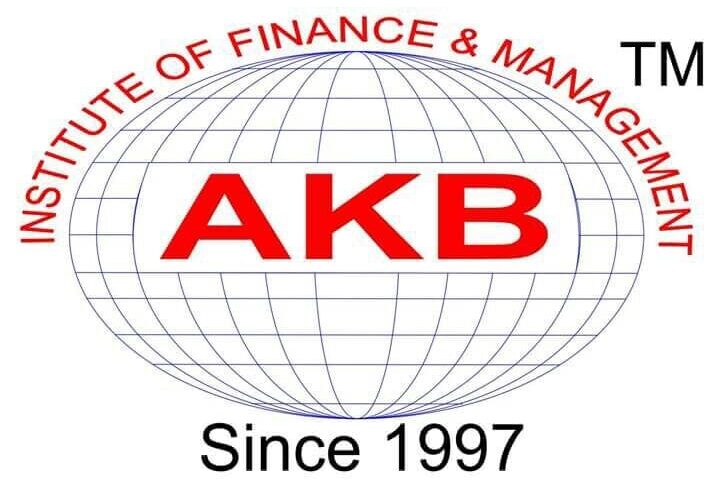
The role of a management accountant is indispensable in the modern business landscape. These financial professionals play a vital role in guiding organizations toward sound financial decision-making and strategic planning. While academic qualifications are important, possessing the right set of skills is equally crucial for success in this dynamic field. In this blog, we will explore the ten essential skills every Management Accountant should possess to excel in their role.
1. Analytical Acumen
The foundation of a successful management accountant lies in their analytical abilities. They must be adept at interpreting financial data, identifying patterns, and drawing meaningful conclusions from complex financial reports. Strong analytical skills enable management accountants to provide valuable insights to the leadership team, facilitating informed decision-making.
2. Financial Software Proficiency
In today’s digitized world, management accountants must be proficient in utilizing various financial software and tools. They should be comfortable navigating accounting software, Enterprise Resource Planning (ERP) systems, and other data analytics platforms. Staying updated with the latest advancements in financial technology is essential to streamline financial processes and enhance overall efficiency.
3. Business Acumen
Management accountants are not just number crunchers; they are strategic partners in the success of the organization. To effectively fulfill this role, they need a strong sense of business acumen. Understanding the company’s objectives, industry dynamics, and market trends allows management accountants to align financial strategies with broader business goals and anticipate potential challenges.
4. Communication Skills
The ability to communicate complex financial information clearly and concisely is paramount for management accountants. Effective communication ensures that financial insights are understood and actioned upon, whether they are presenting financial reports to the management team or collaborating with other departments. Additionally, management accountants must be active listeners, considering inputs from various stakeholders to make well-informed decisions.
5. Problem-Solving Expertise
Management accountants often encounter intricate financial challenges that require innovative solutions. Possessing strong problem-solving skills enables them to navigate through financial roadblocks effectively. By analyzing data, identifying alternatives, and considering potential outcomes, they can devise strategies that mitigate risks and drive the organization toward financial success.
6. Strategic Planning Abilities
Management accountants are instrumental in developing long-term financial strategies and budgets. Possessing strategic planning abilities allows them to forecast potential financial challenges, identify growth opportunities, and align financial plans with the organization’s vision. They work closely with the management team to create realistic and achievable financial goals, ensuring the company’s resources are optimally allocated.
7. Ethical Integrity
Ethical conduct is a cornerstone of the accounting profession, and management accountants must adhere to high ethical standards. They often deal with sensitive financial information and must maintain confidentiality and objectivity in their work. Upholding ethical integrity not only ensures compliance with regulations and industry standards but also enhances trust and credibility with stakeholders.
8. Cost Management Expertise
One of the primary responsibilities of a management accountant is to control and optimize costs within the organization. Having cost management expertise enables them to identify areas of inefficiency, implement cost-saving measures, and contribute to overall profitability. This skill is particularly valuable in an increasingly competitive business environment.
9. Risk Management Skills
In the face of economic uncertainties and volatile markets, risk management is vital for an organization’s survival. Management accountants should possess risk assessment skills to identify potential financial risks and develop contingency plans to mitigate them. By analyzing data and evaluating potential outcomes, they can help the company make calculated and informed decisions.
10. Continuous Learning And Adaptability
The field of accounting is constantly evolving, with new regulations, technologies, and best practices emerging regularly. A successful management accountant should exhibit a willingness to embrace lifelong learning and adapt to these changes. Whether it’s staying updated with accounting standards or mastering new financial software, continuous learning ensures that management accountants remain relevant and valuable assets to their organizations.
Conclusion
In the fast-paced and ever-changing world of finance, management accountants play a pivotal role in driving organizational success. As we explored the ten essential skills every management accountant should possess, it became evident that these capabilities are the building blocks of a successful and impactful career in this field.
To equip aspiring financial professionals with these crucial skills, look no further than AKBIFM (AKB Institute Of Finance And Management). AKBIFM is a premier institute offering comprehensive management accountant courses and Training In Gochi. Through its expert faculty and cutting-edge curriculum, AKBIFM ensures that students gain a deep understanding of financial analysis, strategic planning, cost management, and more.
AKBIFM’s commitment to fostering ethical integrity and promoting continuous learning empowers its graduates to meet the challenges of the dynamic financial landscape. With their comprehensive skill set, AKBIFM alumni are poised to excel as strategic partners in their organizations, driving profitability and growth.



